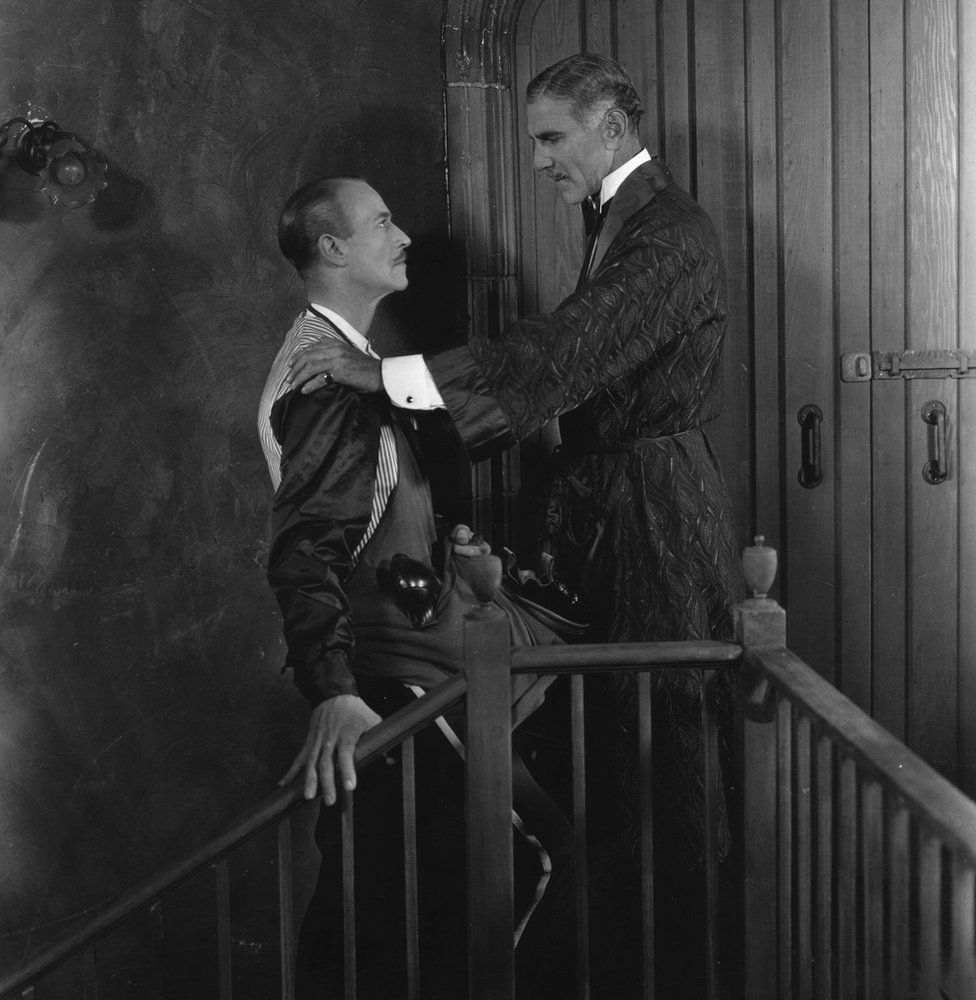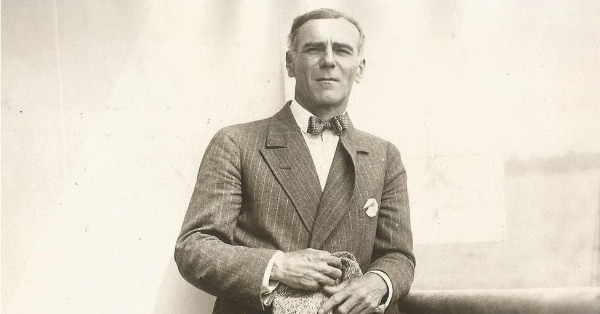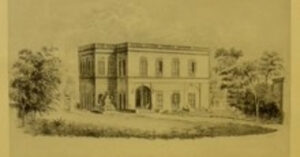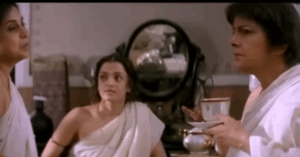What connects Amitabh Bachchan with an Indian Olympic legend? And what further connects St Xavier’s College, Calcutta, with the Hollywood silent film era? All the connections are through one of the most enigmatic characters in Indian sport, a man named Norman Pritchard.
Norman Pritchard was born in Alipore, Calcutta on June 23rd 1875, to Helen Maynard and George Petersen Pritchard, a successful accountant. From his early teens, young Norman was a sporting prodigy, excelling in both football, rugby and athletics. He was the Bengal sprint champion seven years running and scored a hattrick in 1897 for St Xavier’s Vs Sovabazar, regarded as one of the finest sides around at the time.
So how did this prodigious talent end up in record books as India’s first medallist at the Olympics? It was quite simply a chain of events that took the 25-year-old to Paris and got his medals assigned to India in the record books! Pritchard happened to be in England around the time of the Olympic trials for the 1900 Paris Games, so he got himself elected as a member of the elite London Athletic Club.
On June 20th 1900, a weeks later, he competed at the AAA Championships, where he experienced international competition for the first time, facing the top Americans who were on their way to the Paris Olympics.
He did well enough to be selected in five events, the 60m, the 100m, the 200m, the 110m hurdles and the 200m hurdles.
He went on to win two silver medals in Paris, in the 200m sprint where Walter Tewksbury of the US won the gold & the 200m hurdles where he was pipped by the favourite, America’s Alvin Kraenzlein. He also stumbled while in a commanding position in the 110 metre hurdles, possibly missing out another medal. And for all his accomplishments he was awarded a silver medal by the AAA and a penknife, worth a few francs, by the French Olympic Committee!
The reason these medals happen to be attributed to India, then still a part of the British Empire, was because he had entered his home club as the Bengal Presidency Athletic Club and so the Olympic Association credited those medals to India.
Pritchard went on to work for Bird & Company in Calcutta, the same place where Amitabh Bachchan started his corporate career and was also elected as the secretary of the Indian Football Association.

That was the end of Pritchard’s tryst with sports, and new horizons beckoned. A few years later, Norman decided to emigrate to England and set himself up in the jute trade. He did well enough before deciding to try his luck in Hollywood. Pritchard was arguably the first sporting star to make it in Broadway and then films, years before Johnny Weissmuller and Sonja Henie. He assumed the screen name of Norman Trevor and appeared in 28 Hollywood films, often with leading roles. He was Major de Beujolais in PC Wren’s Beau Geste and Mr Rochester in the 1921 version of Jane Eyre.
Perhaps his early years in Calcutta and mingling with Indians gave Pritchard a strong sense of social justice, and during the First World War hr appeared with John Barrymore and a host to other stars to draw attention to the needs of black servicemen serving in the US Army.
For a man of his myriad talents, the end was unfortunate. He was diagnosed with a brain tumour, and finally died, alone and penniless, in October 1929.
Footballer, athlete, actor, perhaps Pritchard was gifted in too many ways for him to do justice to each gift. His name however, remains etched as the point of origin in the story of India’s Olympic history.




